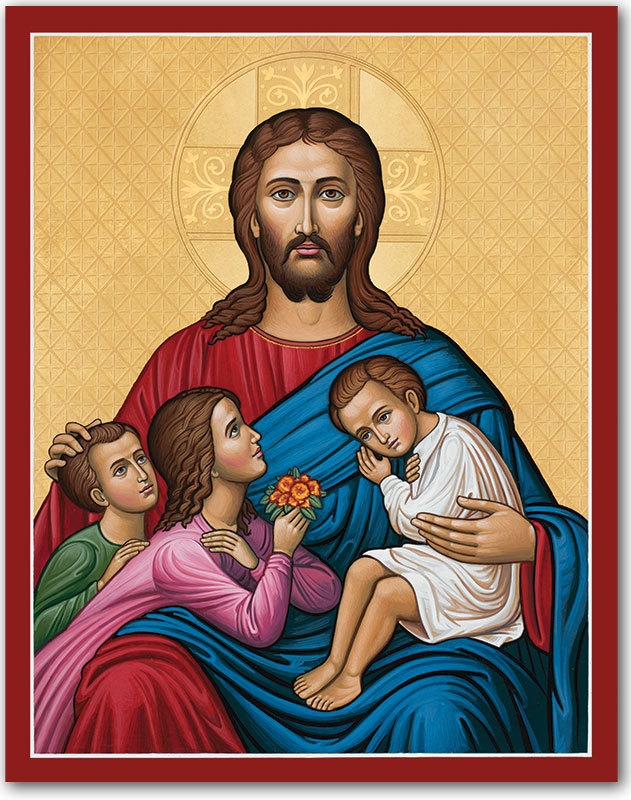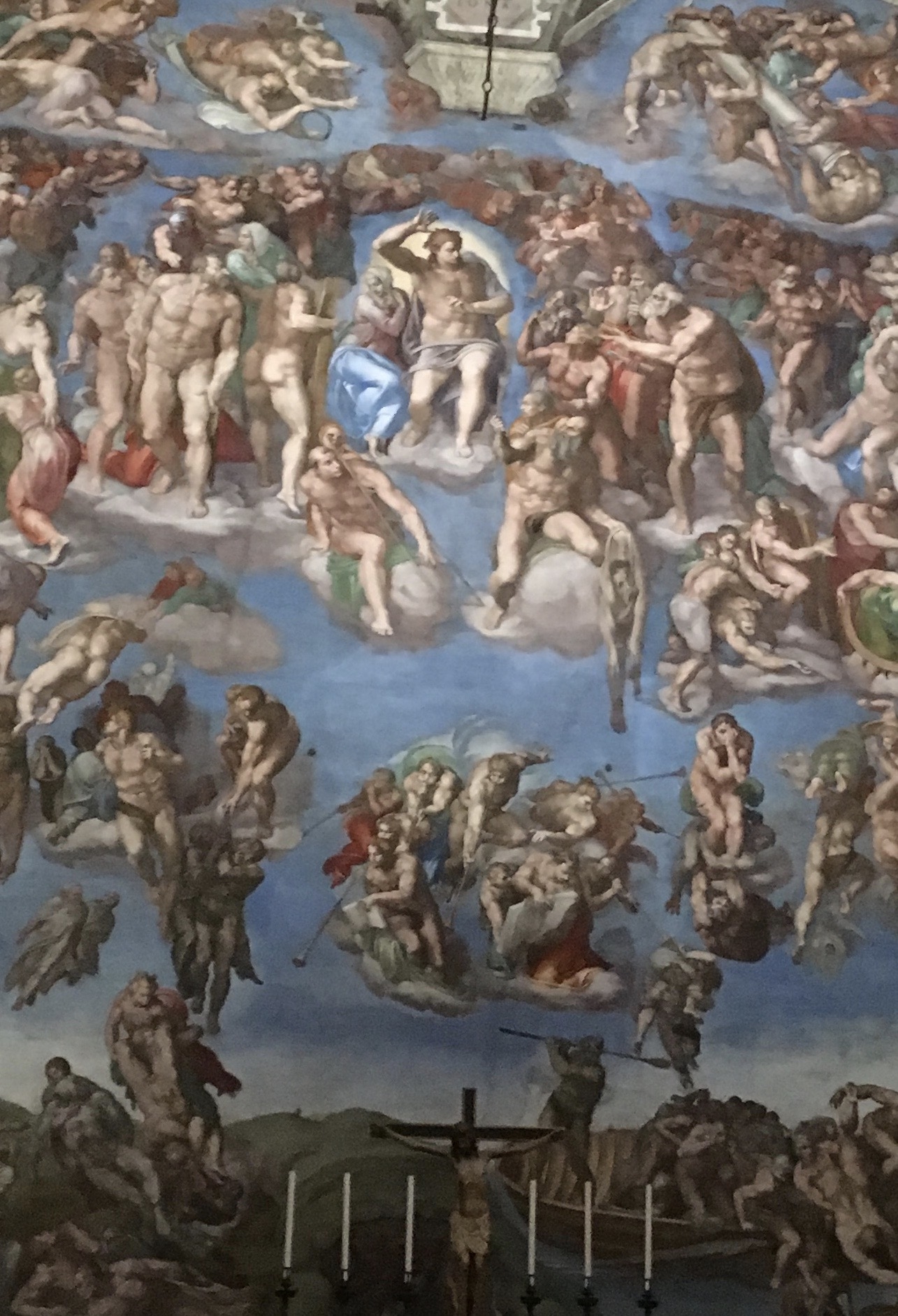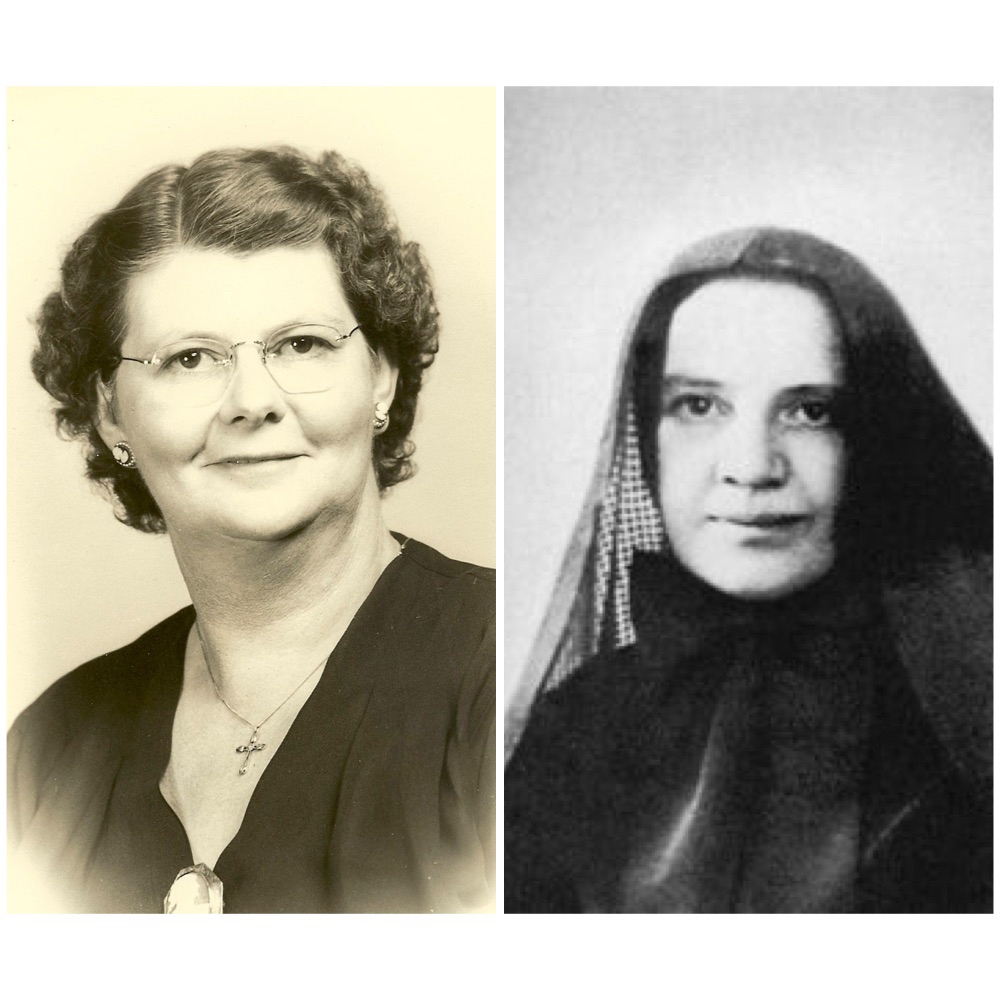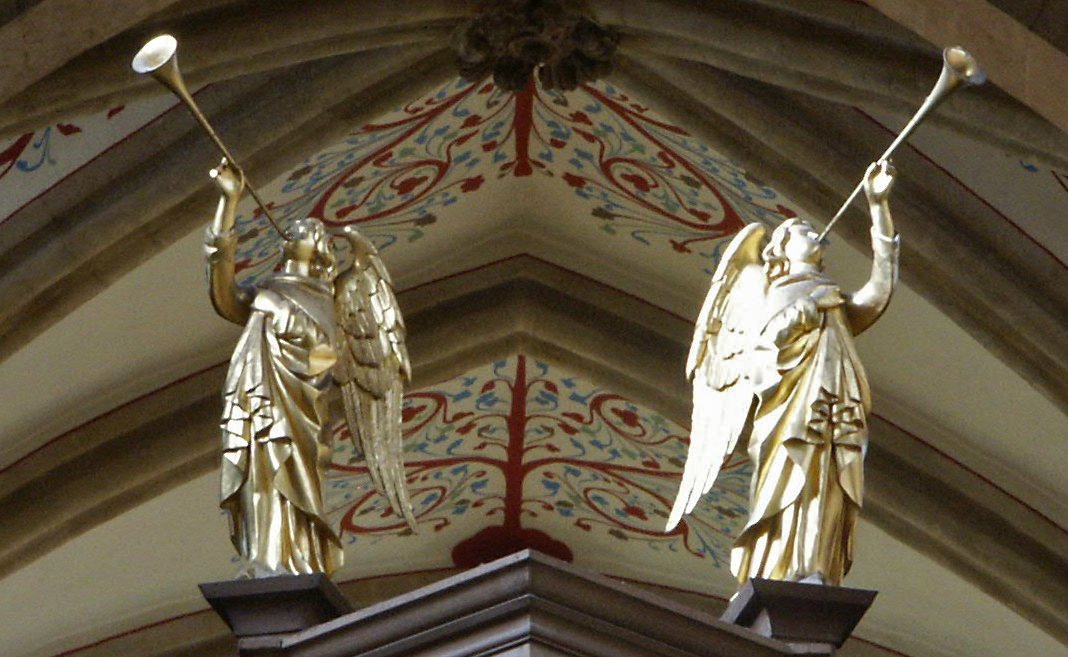These reflections are a result of more than 40 years of ministry as a Roman Catholic priest. Most of these years I spent in the Diocese of Charlotte which covers Western North Carolina. Now I am retired, and live in Medellín, Colombia where I continue to serve as a priest in the Archdiocese of Medellín.

For Wisdom is the refulgence of eternal light, the spotless mirror of the power of God, the image of his goodness. (Wis 7:22b-8:1)
https://bible.usccb.org/bible/readings/111623.cfm
The Hymn to Wisdom finds echoes in the Hymn to Christ in the Letter to the Colossians: “He is the image of the invisible God, the firstborn of all creation” (Col1:15-20). Of course, early Christians would make those connections as they searched the Scriptures to find references to Christ.

And one of them, realizing he had been healed, returned, glorifying God in a loud voice; and he fell at the feet of Jesus and thanked him. He was a Samaritan. Jesus said in reply, "Ten were cleansed, were they not? Where are the other nine? Has none but this foreigner returned to give thanks to God?" Then he said to him, "Stand up and go;
your faith has saved you." (Lk 17:11-19)
https://bible.usccb.org/bible/readings/111523.cfm
The healing of the lepers reminds us of the importance of giving thanks: all ten were healed, but only one was saved—the foreigner who came back to give thanks. It reminds me of Captain Kangaroo, who was long before Mister Rogers. The Captain taught us children the Magic Words: Please and Thank you!

The souls of the just are in the hand of God, and no torment shall touch them. They seemed, in the view of the foolish, to be dead; and their passing away was thought an affliction and their going forth from us, utter destruction. But they are in peace. (Wis 2:23-3:9)
https://bible.usccb.org/bible/readings/111423.cfm
As the liturgical year draws to a close and a new liturgical year begins on the first Sunday of Advent, the liturgy turns our attention to the Last Things. As we say in the Profession of Faith: He will come again in glory to judge the living and the dead and his kingdom will have no end . . . I look forward to the resurrection of the dead and the life of the world to come.

Love justice, you who judge the earth; think of the Lord in goodness, and seek him in integrity of heart . . . For the Spirit of the Lord fills the world,
is all-embracing, and knows what humans say. (Wis 1:1-7)
https://bible.usccb.org/bible/readings/111323.cfm
Yes, God knows us better than we know ourselves. This week we will explore the Book of Wisdom. I always think of my grandmother’s wisdom: “Do the best you can, that’s all the angels can do.” Mother Cabrini founded a community of sisters who welcomed and cared for immigrants as Christ. Perhaps, Mother Cabrini has some wisdom for our world today! The pictures are of my grandmother, Minnie Goetting Torp (1906-1987), daughter of German immigrants, and Mother Cabrini (1850-1917), an Italian immigrant. The song, No Soy de Aquí, No Soy de Allá, is by Argentine singer and composer, Facundo Cabral (1937-2011), who said, "Every morning is good news, every child that is born is good news, every just man is good news, every singer is good news, because every singer is one less soldier."

We do not want you to be unaware, brothers and sisters, about those who have fallen asleep, so that you may not grieve like the rest, who have no hope.
For the Lord himself, with a word of command, with the voice of an archangel and with the trumpet of God, will come down from heaven, and the dead in Christ will rise first. Then we who are alive, who are left, will be caught up together with them in the clouds to meet the Lord in the air. Thus we shall always be with the Lord. Therefore, console one another with these words. (1 Thes 4:13-18)
https://bible.usccb.org/bible/readings/111223.cfm
Words of consolation for all of us who have lost loved ones. We who stay awake awaiting our Lord’s return. May our departed loved ones and all the Faithful Departed rest in peace. One day we will be together with them who have gone before us, and we will always be with the Lord.



